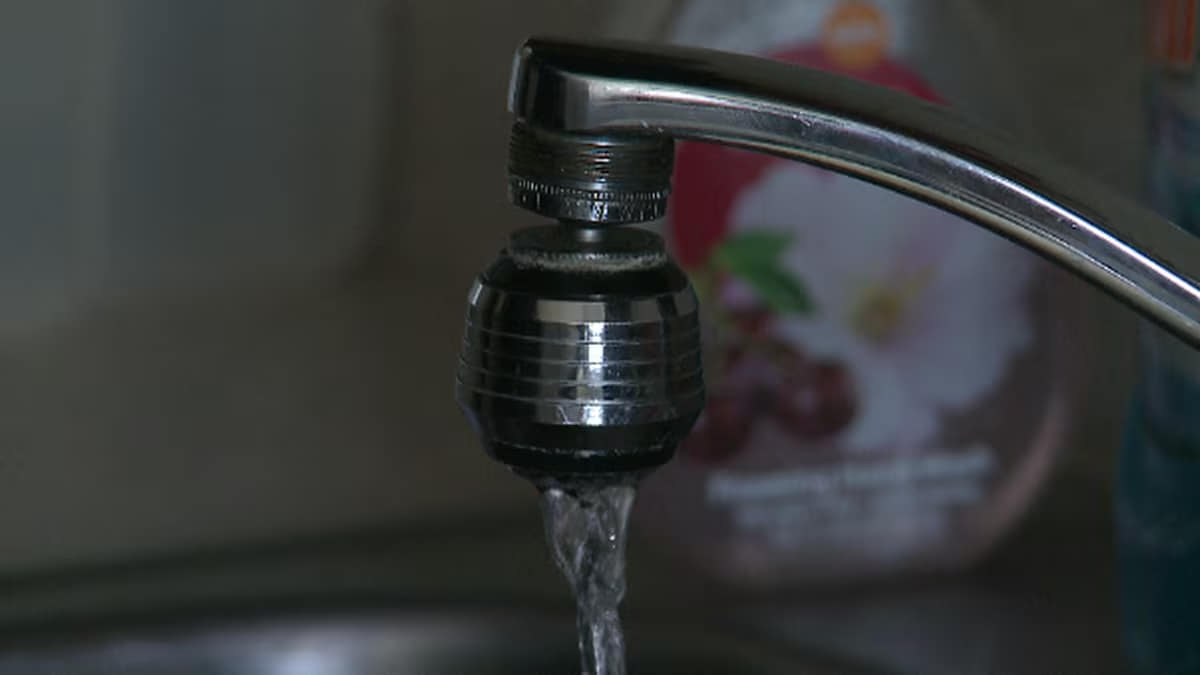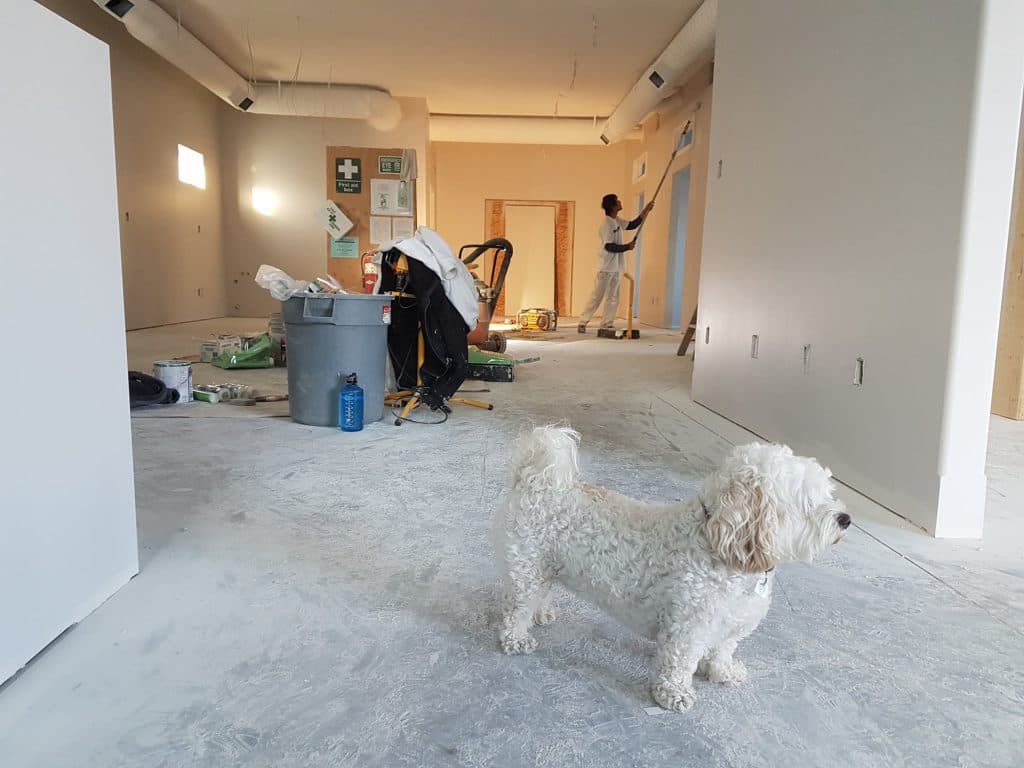A rent-to-own, or lease-to-own, contract is a legal agreement that allows a renter to build equity in a property through rental payments with the option to eventually purchase the home. While notarization of these contracts is not always required by law, it provides important benefits for validating the contract and protecting both parties involved.
In this article, we will explore whether rent-to-own contracts need to be notarized and the implications of notarizing versus not notarizing.
What is the purpose of notarizing a rent-to-own contract?
Notarizing a rent-to-own contract serves several key purposes. It helps prevent fraud by verifying the identities of those signing the contract through requiring valid identification. This reduces the risk of someone falsely claiming to be the buyer or seller. Notarization also strengthens the validity and enforceability of the contract.
If any disputes arise, a notarized contract is seen as more legitimate in the eyes of the law. It protects the rights of both parties by ensuring they understand the terms of the agreement.
The notary reviews the document with them to ensure full comprehension before signing. Overall, notarization gives both the buyer and seller greater assurance in the legal strength of the contract.
Related: Subtenant Rights Without A Written Agreement
What are the legal requirements for a rent-to-own contract?

Legally, rent-to-own contracts must include a clear description of the rental property. For used properties, the known age or model year must be disclosed.
All payment amounts and terms, including the total cost to purchase the property, must also be fully disclosed. The contract cannot include any clauses waiving renter rights or allowing the landlord to enter their home without permission.
All agreements between the parties must be included in written contract language. Both signatures are required for a binding agreement. State-specific requirements may vary, so consulting a real estate attorney is advised.
What is the process for recording a rent-to-own contract?
The parties first negotiate the rental terms such as monthly payments, fees, utilities, purchase price and closing date. The tenant then decides whether to add a purchase option. Tenant qualifications are reviewed including credit and income verification.
Both sides sign a lease agreement containing the purchase option. The tenant moves in and makes rent payments. To buy the property, the tenant must notify the landlord. A separate purchase agreement outlines sale terms and includes mandatory disclosures.
Finally, ownership transfers to the tenant upon closing. Compliance with all state regulations is important throughout the process.
What are the consequences of not having a rent-to-own contract notarized?
While not strictly required, notarizing offers key benefits by helping establish the contract's validity if disputes arise later. A non-notarized contract may not be recognized or enforced as easily in court situations. Proving its authenticity could also prove difficult without notarization, limiting its usefulness as evidence.
Additionally, forging signatures or making changes would be easier without the verification notarization provides. This increases the risk of fraud for both parties. While still potentially binding, notarization offers stronger protection.
Does the rent-to-own contract need to be recorded?
Real estate contracts typically do not need to be recorded, only certain types of agreements affecting title such as mortgages or deeds. However, recording a rent-to-own contract provides public notice of the purchase option that could help protect the buyer's rights, especially in states without tenure or ownership disclosure laws.
It may not be strictly necessary in most cases, but can offer added confirmation of the agreement between the parties.
What states require rent-to-own contracts to be notarized?
Some states have more specific requirements regarding notarization of rent-to-own deals. California mandates notarization for contracts over $25,000. Florida does not require it by law, but recommends notarization to benefit both the buyer and seller.
Beyond these states, others may not explicitly demand notarization, but it remains a best practice offering important advantages regardless of local statutes. Consultation with a local housing attorney is best to understand state compliance.
What is the purpose of having a rent-to-own contract witnessed?
Having a third party witness the signing of a rent-to-own contract provides further validation beyond just notarization. Witnesses observe that both parties willingly participated in the agreement. They can later confirm the identities of those who signed if any issues related to forgery or coercion come up in the future.
This acts as another layer of protecting the legitimacy and enforceability of the contract terms for both the renter and property owner.
Conclusion
In summary, while notarization and witnessing of rent-to-own contracts is not legally mandatory everywhere, it offers clear benefits to help validate the agreement and safeguard the interests of buyers and sellers.





